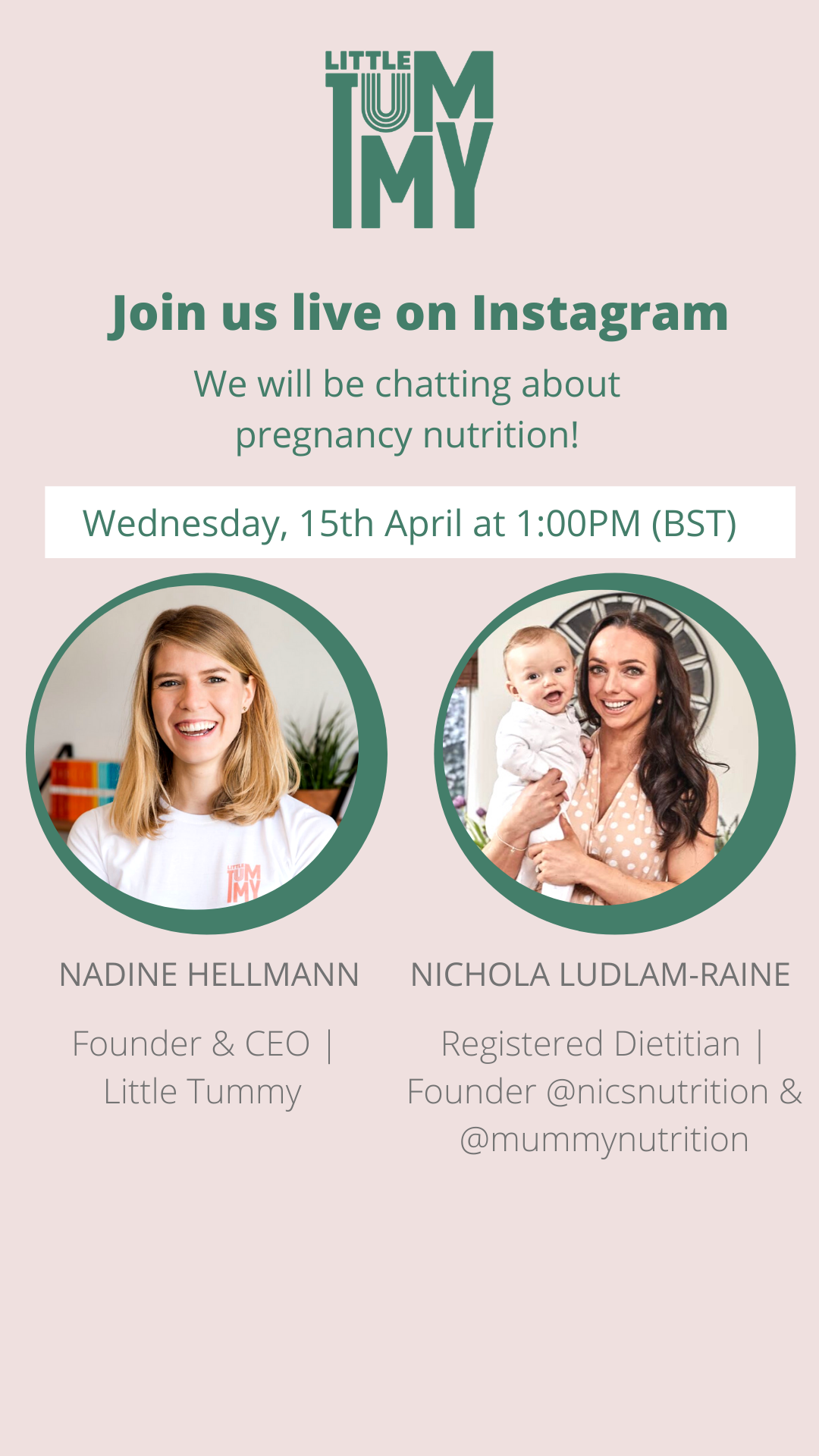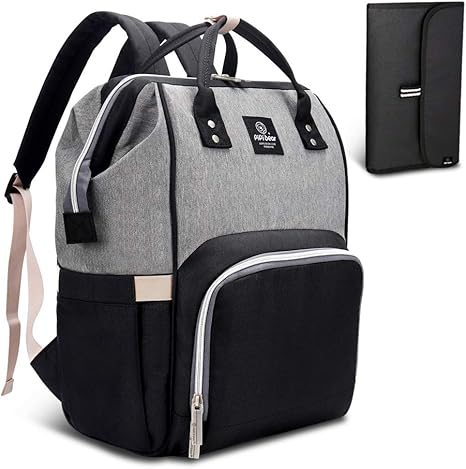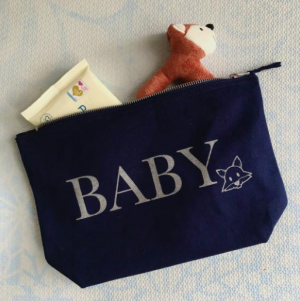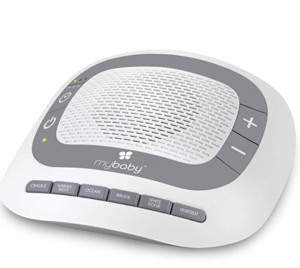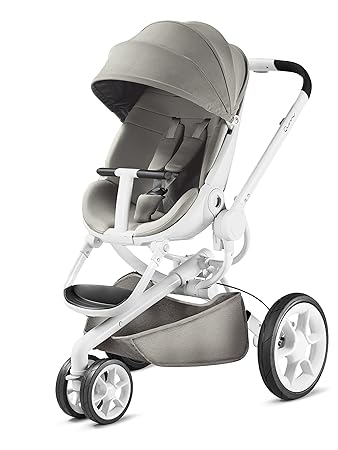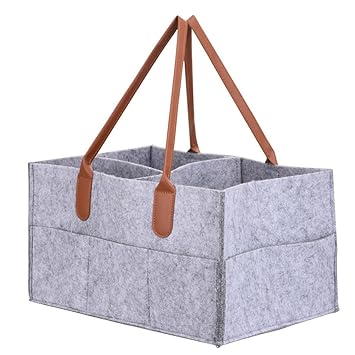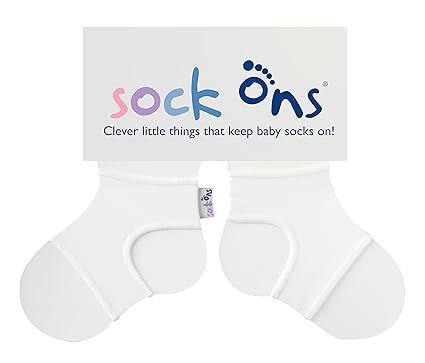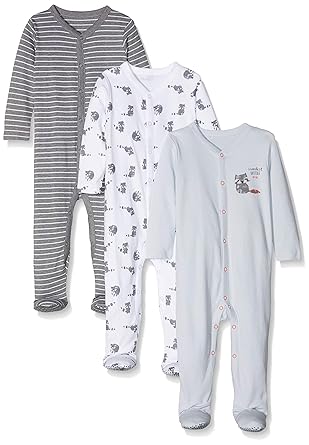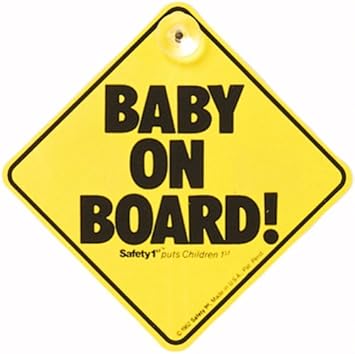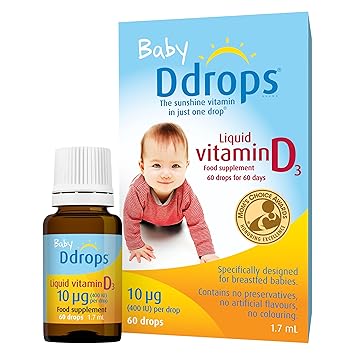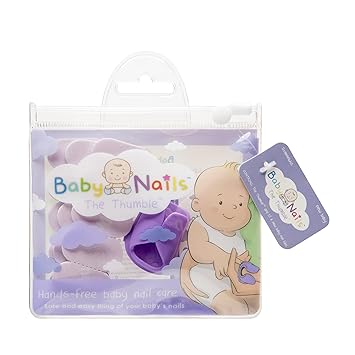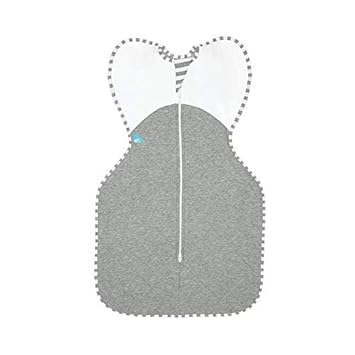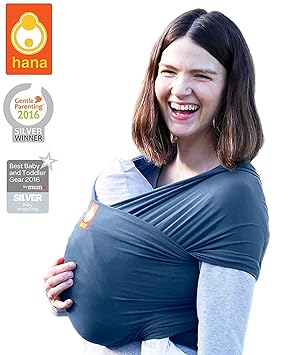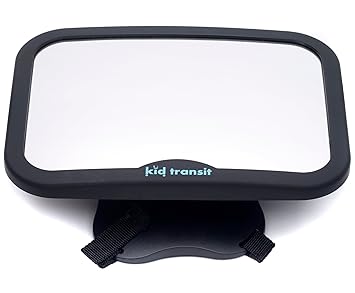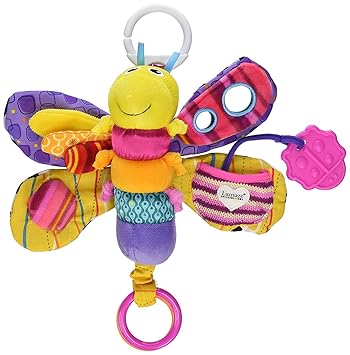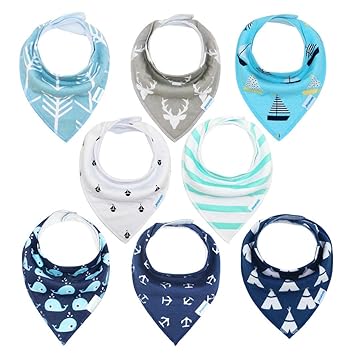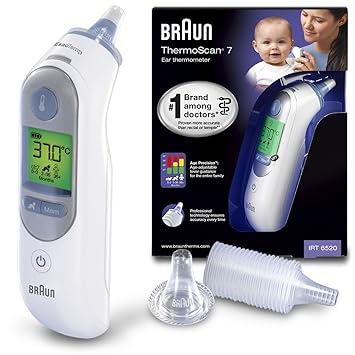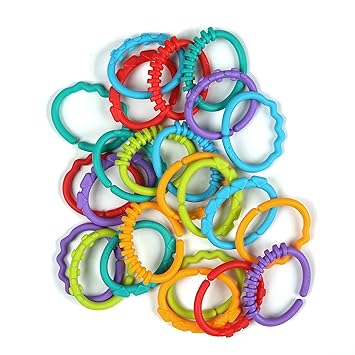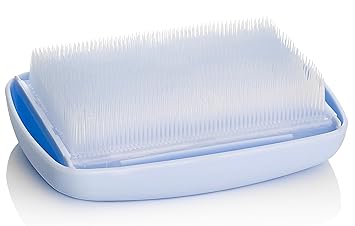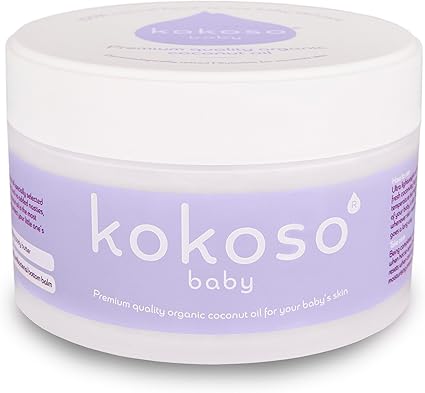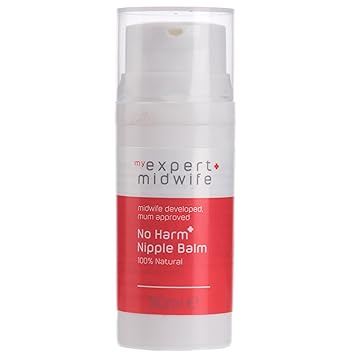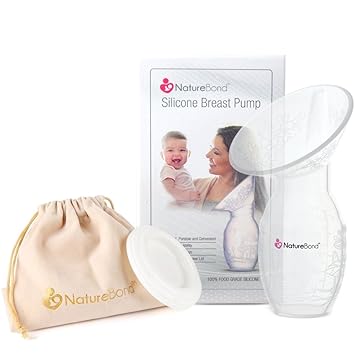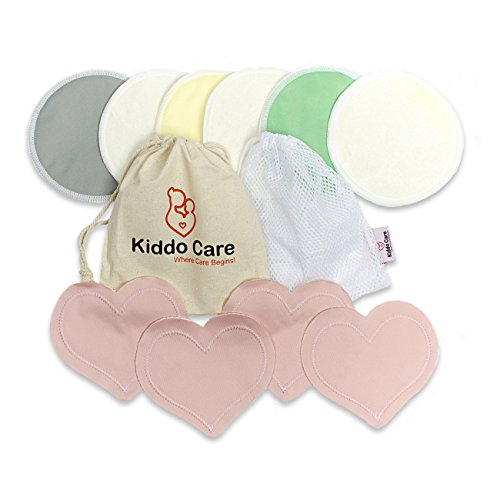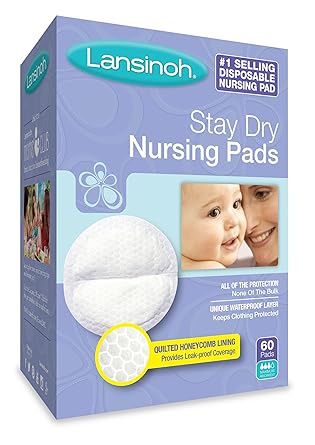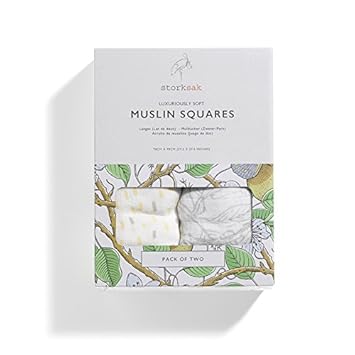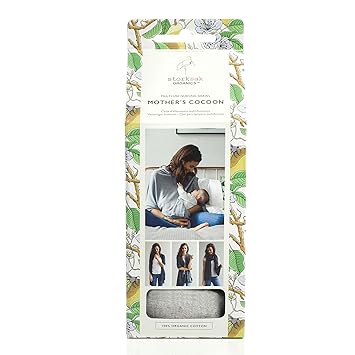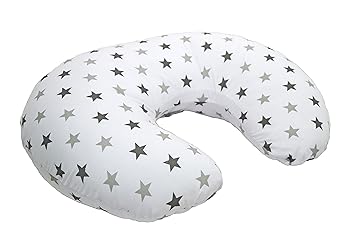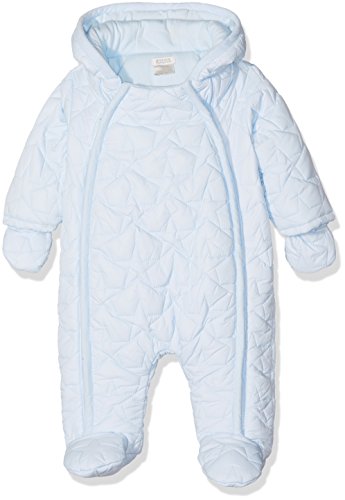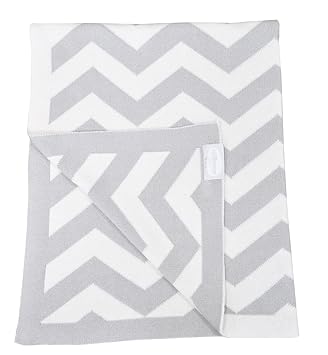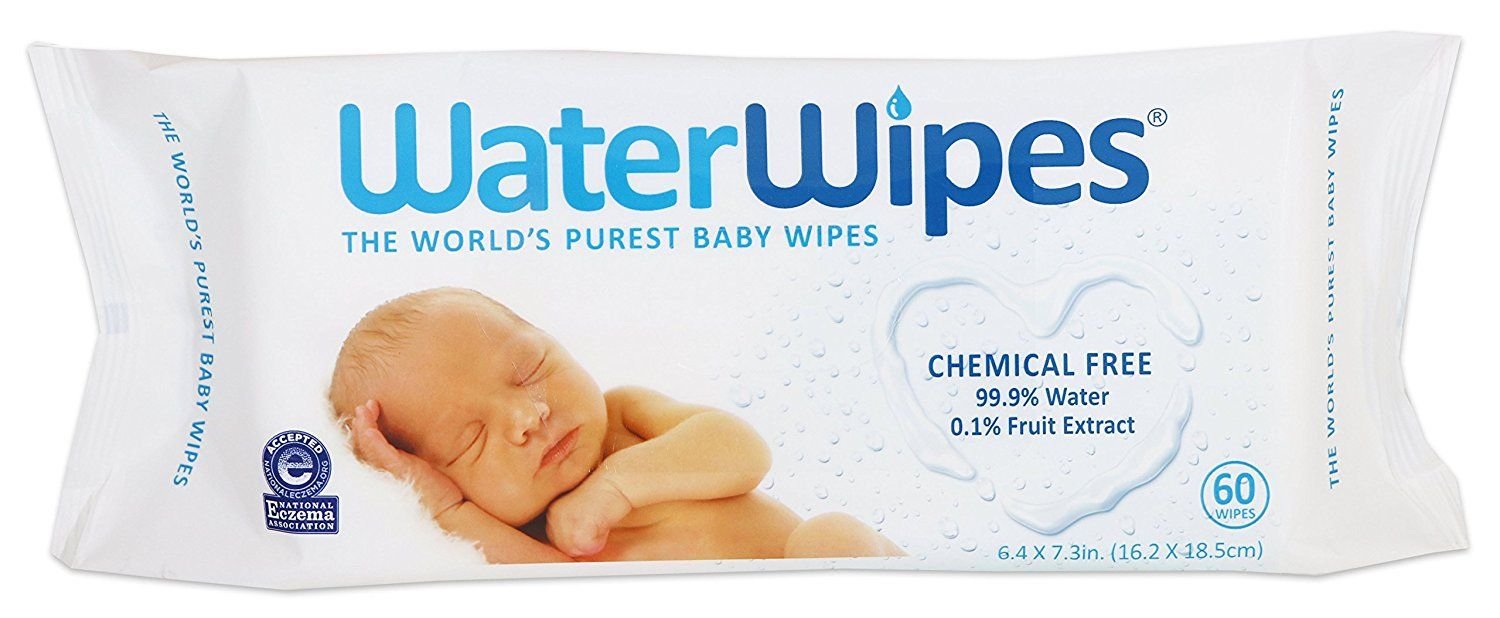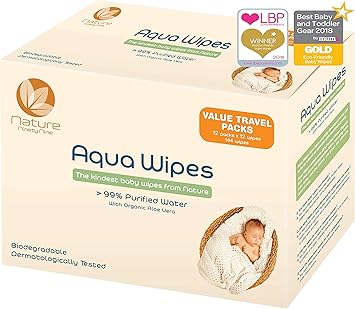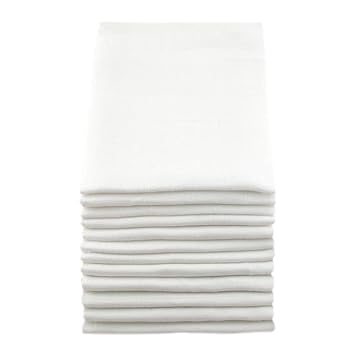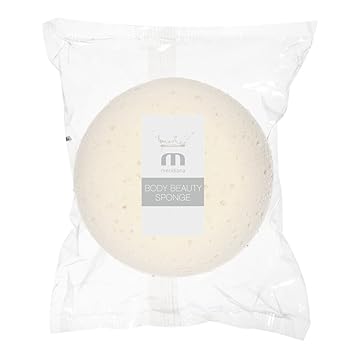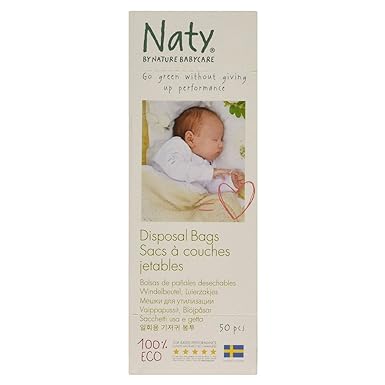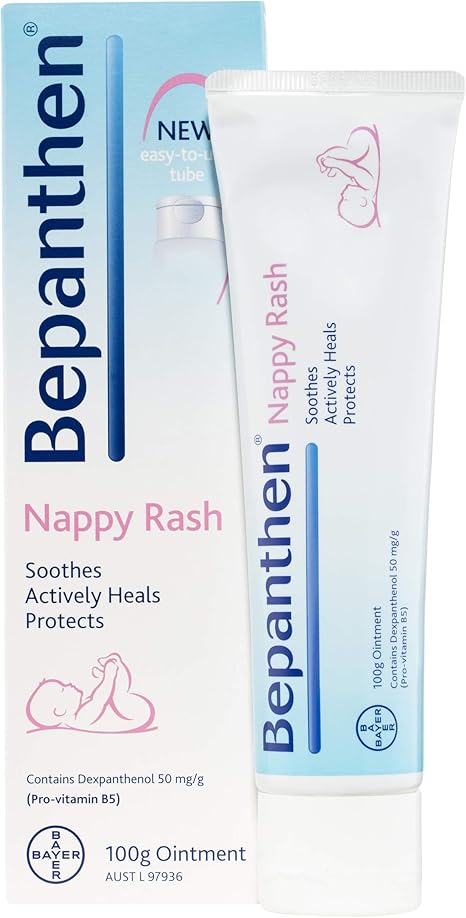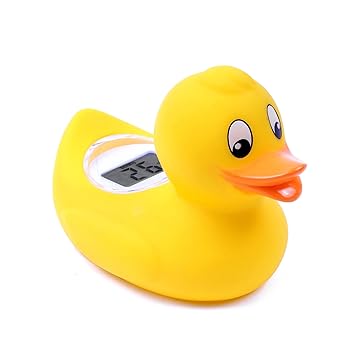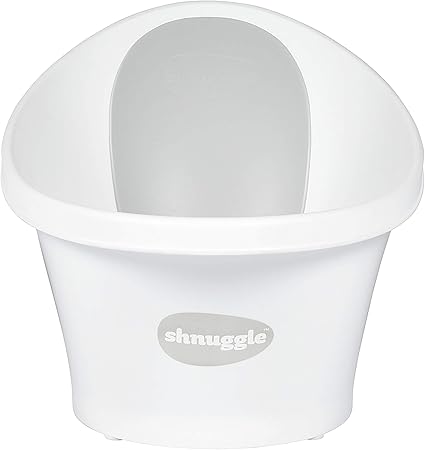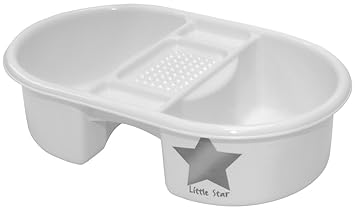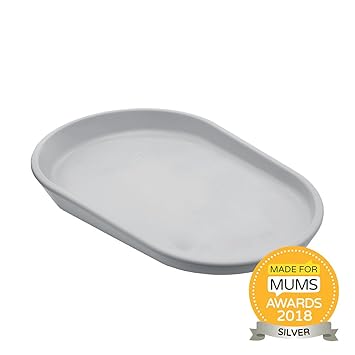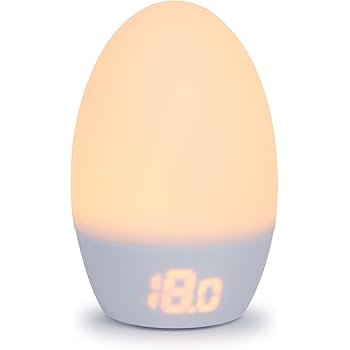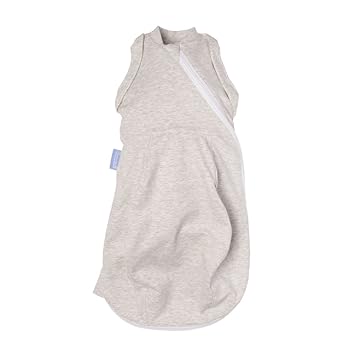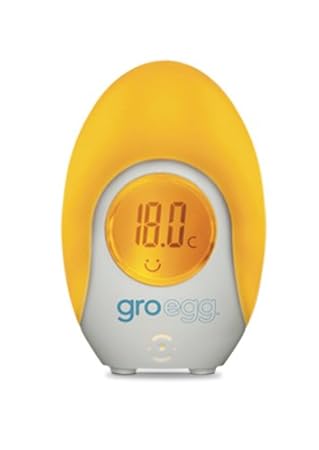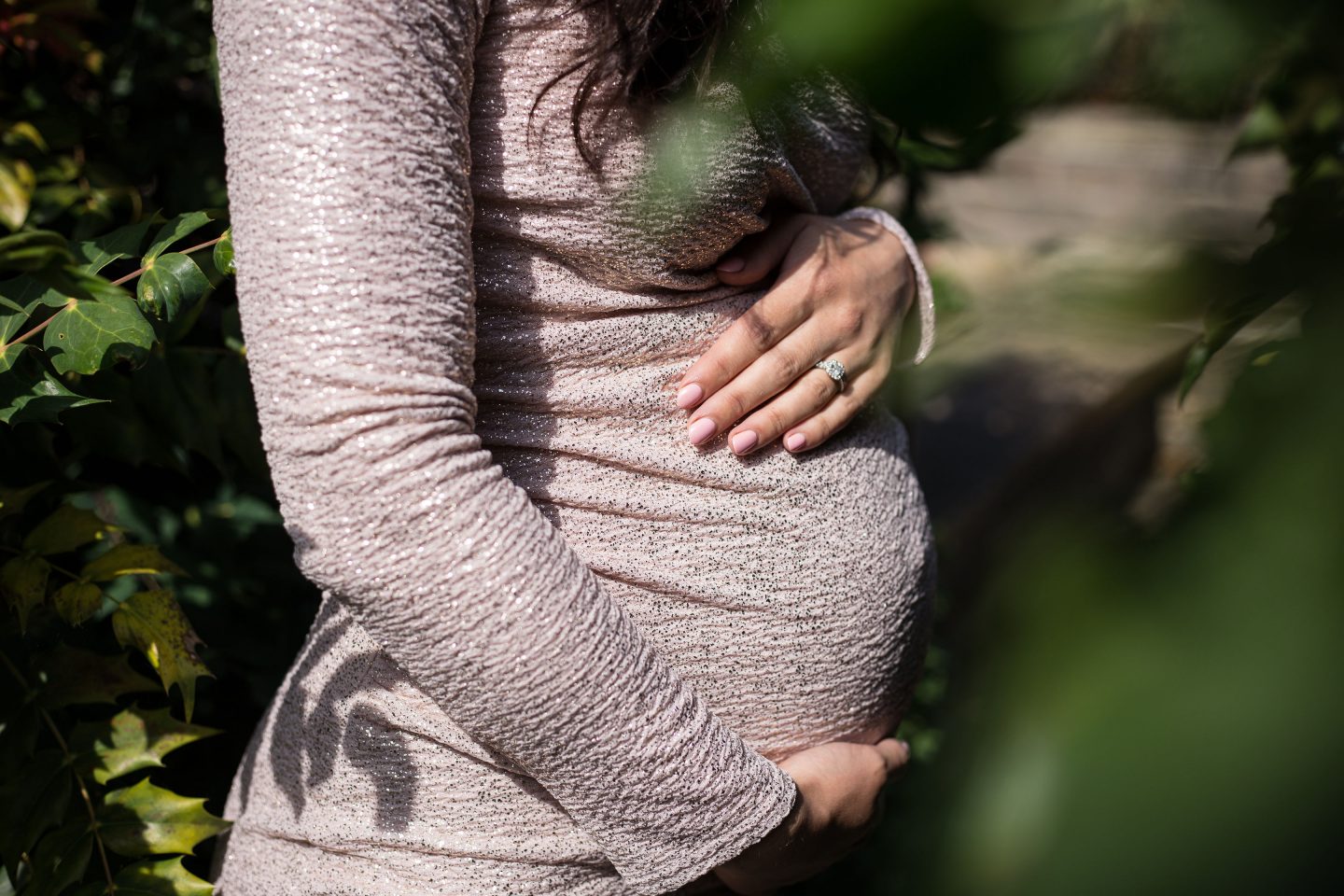
Earlier this week I was interviewed by Nadine, the founder of Little Tummy who has recently found out that she is expecting Twins! Nadine and I had spoken previously about eating a healthy diet during pregnancy (and specifically how to increase iron levels as hers were found to be low) and decided it would be nice to share some tips on an Instagram Live!
Below is how our conversation went .. I really hope you find it useful and don’t forget to follow me on Instagram (I’m @mummynutrition) for more!
What are the most important nutrients and supplements to consider during pregnancy?
Vitamin D – Take a 10 mcg supplement
Everybody needs Vitamin D, as it helps us to absorb calcium. It is especially important in pregnancy as it helps your baby’s bones, teeth, kidneys, heart and nervous system to develop. Our body makes Vitamin D when we are exposed to sunlight, and therefore all adults (in the UK at least), should take 10 mcg of vitamin D in the winter months from around October – April due to reduced exposure. Pregnant (and breastfeeding) ladies however should take it all year round – failure to do this could result in your newborn baby being deficient too (particularly if you have dark skin or spend a lot of time indoors).
Top Tip: Get outside in summer! There’s no need to sunbathe though, try take this opportunity to give your body some Vitamin D and go for a walk in the outdoors!
Food sources include: Oily fish, egg yolks, milk and dairy foods, mushrooms and fortified cereals/milk alternatives (check the label!).
Folic Acid – Take a 400 mcg supplement (or 5 mg which is prescribed by your doctor if you have diabetes, your BMI is over 30, you take anti-epileptic medication or you have a history of neural tube defects in your family)
Folic acid is an essential vitamin during pregnancy (and breastfeeding), and when trying to conceive too. Not only is it important for the formulation of healthy red blood cells, but it’s important to prioritise when pregnant as low levels can increase the risk of complications, such as neural tube defects.
Food sources include: Dark green leafy veg, Brussels sprouts, cabbage, broccoli, Beans and legumes (e.g. peas, black eyed beans), yeast and beef extracts, oranges (and orange juice), wheat bran and other whole grain foods, poultry, pork, shellfish and fortified foods (e.g. some brands of breakfast cereals – check the label)
Iodine – 200 mcg a day from dietary sources
Another essential vitamin, not only in every-day life but in pregnancy too. Iodine is used by the thyroid gland to produce vital hormones for growth and health. It’s very important for healthy development and growth of the baby’s brain during pregnancy.
Good food sources include: Fish, milk, and dairy products. In general, white fish contains more iodine than oily fish. Milk and dairy products are the main sources of iodine for most people. It is important to be aware that most milk-alternative drinks (e.g. soya/almond/oat) are not fortified with iodine and have a low iodine content. Some milk-alternative drinks are fortified with iodine so it is important to check the product label.
Good to know: Seaweed is a very concentrated source of iodine, but it can provide excessive amounts (particularly so in the case of brown seaweed such as kelp) and therefore eating seaweed more than once a week is not recommended, especially during pregnancy.
Pregnancy Multi-Vitamin –You may wish to take a pregnancy multi-vitamin, which will combine the folic acid, vitamin D and iodine and exclude vitamin A – which in the retinol form can be toxic in large doses. If you feel you are consuming a healthy and balanced diet with plenty of sources of different nutrients, this is not a requirement, however it may be useful if you feel you need it, or if you’re struggling with nausea for example.
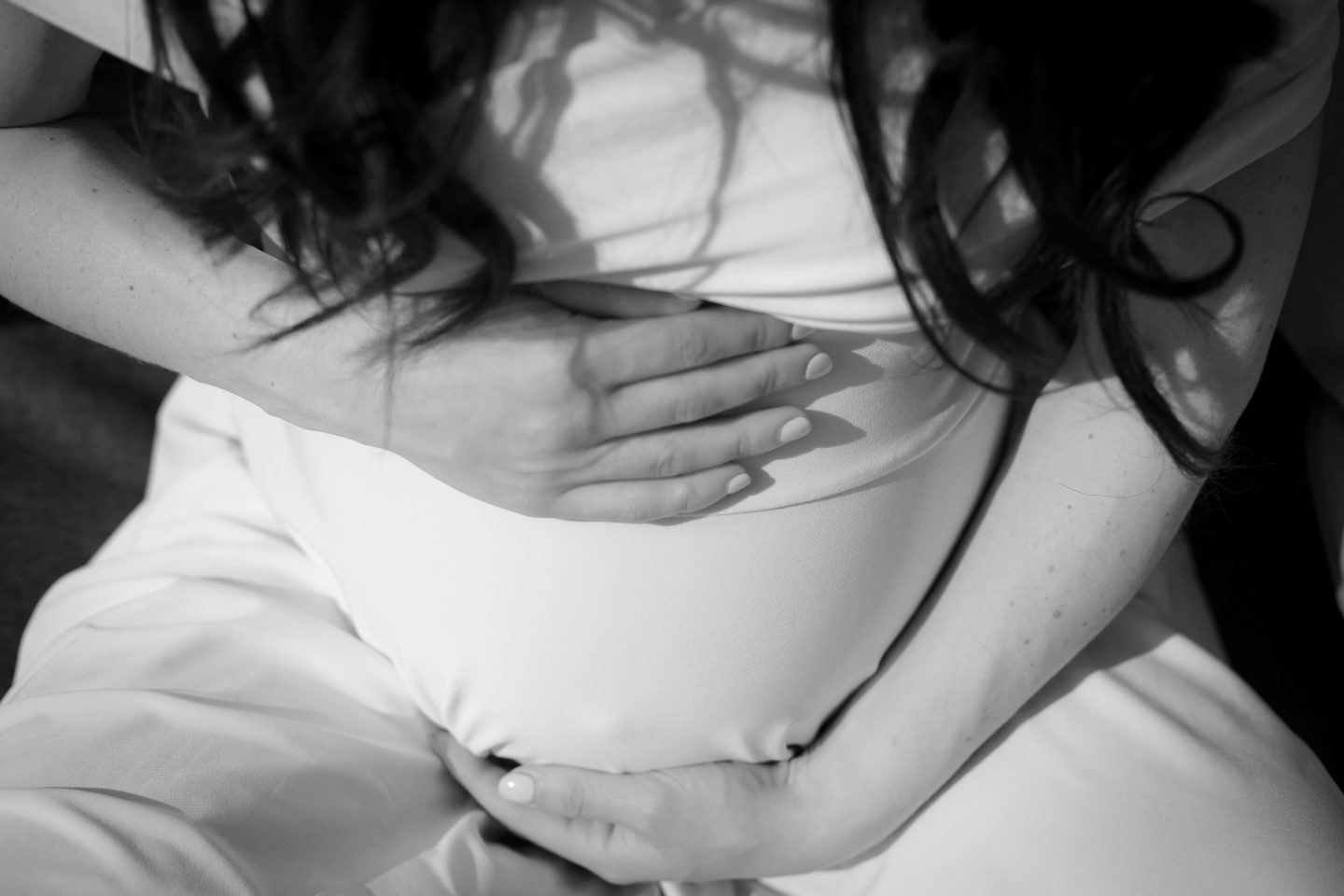
How important is iron during pregnancy? How much do we need, and do we need more if expecting twins?
Having sufficient iron levels is very important during pregnancy. Low levels of iron within the diet or through blood loss can result in fatigue, lack of energy or in more severe cases, iron deficiency anaemia, which may increase the risk of infections, illnesses (due to reduced immune support) and other symptoms such as hair thinning and brittle nails. In pregnancy, it may also increase the risk of a low birth weight and possible iron deficiency for your baby. If you are experiencing these symptoms, please consult your GP.
Although there are no specific recommendations for pregnant women (compared to the recommended intake of 14.8mg per day for females) it’s important that it’s not neglected. The good news is, you can obtain sufficient levels by consuming a varied and balanced diet!
Twins – The body’s need for iron is indeed greater if pregnant with twins, and therefore you are more at risk of deficiency. However, there are still no guidelines which recommend supplementation as a first option – however it can be explored with your GP if you are showing symptoms of deficiency and there will be some iron contained within a pregnancy multivitamin.
Food sources include: Haem iron and non-haem iron.
Haem iron is found most in animal-based sources of iron such as red meat, liver (not recommended in pregnancy due to the high vitamin A content) and eggs. Haem iron is more readily absorbed within the body.
Although less easily absorbed, plant-based sources of iron (known as non-haem) include dark leafy greens, beans, chickpeas, seeds, nuts and tofu. Some breakfast cereals and breads are also fortified with iron (check the label). These foods provide us with plenty of other nutrients too.
Top Tip: To increase absorption, combine your iron sources and pair with some Vitamin C! An iron-rich meal idea could be a beef (haem-iron), kidney bean (non-haem iron) and mixed vegetable stew (Vitamin C).
Iron and Caffeine: It’s best to avoid drinking tea & coffee for 30-60 minutes when consuming your sources of Iron and Vitamin C as this may affect absorption.
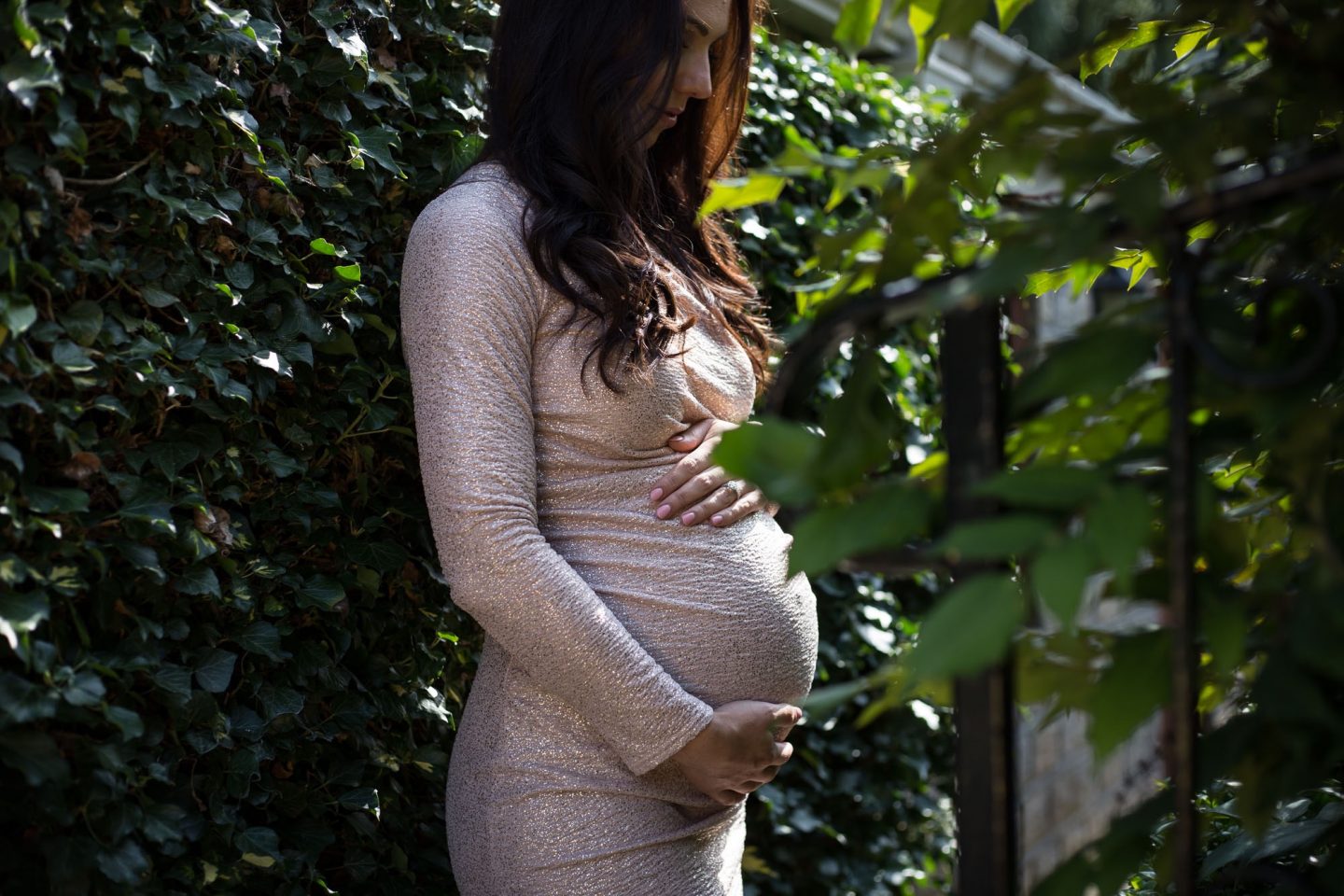
How can we reduce digestion problems, especially during the first weeks and at the end of the pregnancy?
Pregnancy symptoms are caused by hormonal changes and of course your growing baby. And whilst they may not completely vanish, what we can do is try to manage them!
Constipation: Think FIBRE, FLUID & MOVEMENT!
FIBRE – Vital for a healthy digestive system! The UK recommended intake is 30g a day. Try opt for wholegrain varieties of carbohydrates where possible. Including oats and linseeds in the diet may also help (they provide soluble fibre) but it’s important to ensure you’re getting enough fluid and movement, too.
FLUID – Make sure to be drinking an adequate amount of FLUID too (your urine should be a pale straw colour for the majority of the day!). Water is ideal as it’s sugar and caffeine free.
MOVEMENT – Get the bowels moving! Going for a brisk walk can help or you could even try some gentle yoga.
Indigestion
This is also a common symptom in pregnancy – to help avoid indigestion, take time to eat your food slowly and mindfully and take smaller sips instead of large gulps of water when keeping hydrated. If you’re struggling with this, you may also find it useful to have slightly less rich and spicy foods.
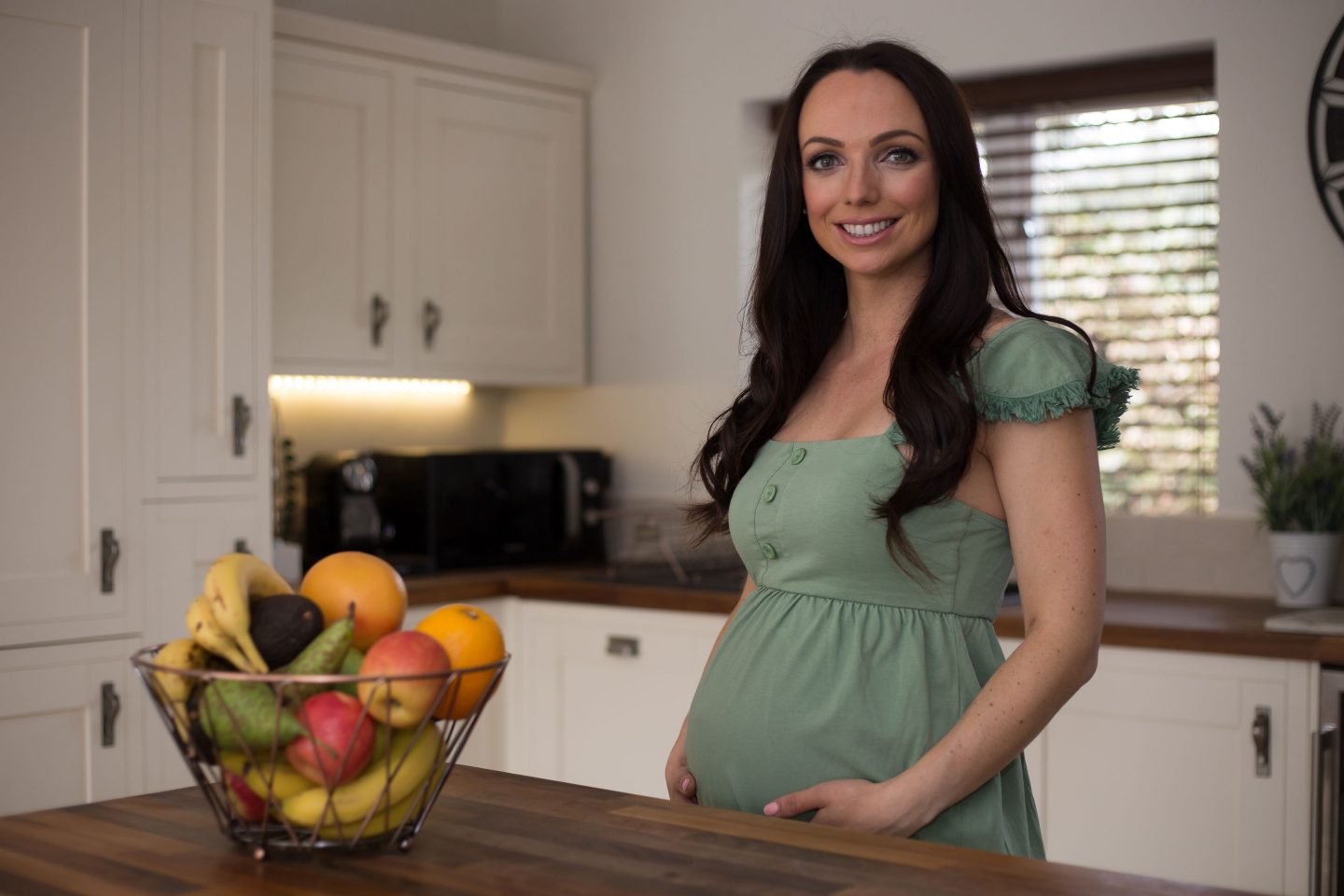
Besides cutting out raw and unpasteurised foods, what is your take on caffeine during pregnancy – wrong or right?
For the majority of healthy adults, caffeine in moderation i.e. 400mg a day; which is around 4-5 cups of tea or coffee or 2 energy drinks, isn’t harmful, although pregnant women should keep their consumption to below 200mg a day; which is around 2 cups of instant coffee or tea.
Exceeding 200mg of caffeine a day during pregnancy could result in your baby having a low birthweight, increasing the risk of health problems later in life. If you occasionally exceed the recommended limit, don’t worry though as the risks are quite small.
Here are some some useful stats showing how much caffeine (on average) is in these commonly consumed food and drinks. However, you should always check the label for exact amounts:
- Coffee shop coffee = ~100-400mg*
- Energy drink = ~80-150mg
- Instant coffee = ~100mg
- Black tea = ~75mg
- 50g dark chocolate = ~25mg
- Can of cola (including diet) = ~40mg
- Green tea = ~50mg
- 50g milk chocolate = ~10mg
*If you’re buying coffee from a coffee shop, ask for decaf or just 1 shot, as large cups can have up to 4 shots of coffee in them which is the equivalent of double a day’s worth of caffeine for a pregnant lady.
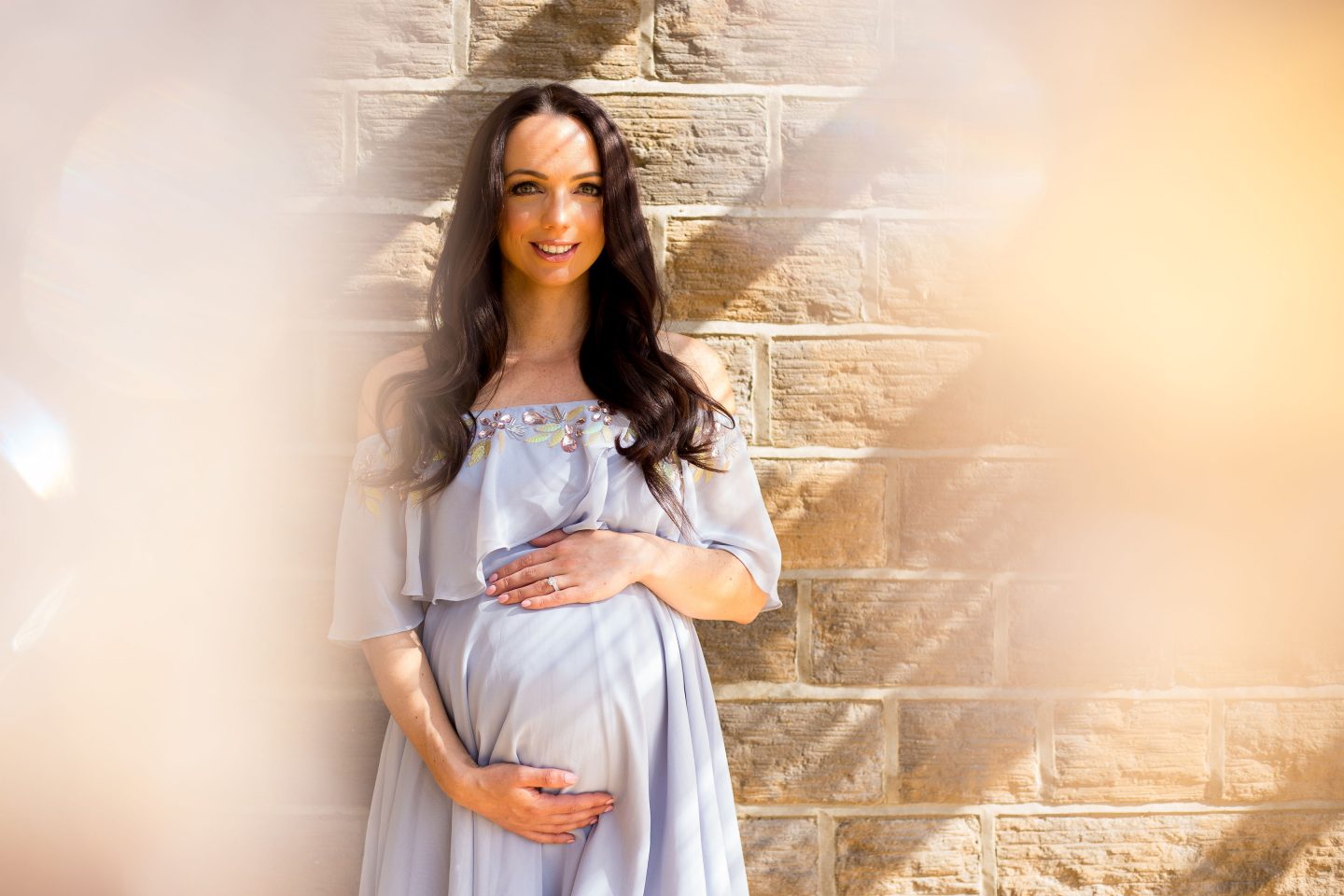
How much more should I really eat?
You may have heard that, on average, women only need to eat an extra 200 calories in the last trimester of pregnancy (the equivalent to a small bowl of porridge). But did you know that this figure may not be accurate for women who are relatively active, or who may have been on the ‘lighter’ end of the BMI chart pre-pregnancy? More recent research shows that (on average) a women’s body may require up to 340 more calories a day in the second trimester and up to 450 more calories in the third; which is the equivalent of one extra meal a day! Interestingly, the American Pregnancy Association also advises that your energy needs increase by an extra 300 calories a day during pregnancy.
Having said this, I do not recommend calorie counting during pregnancy; there is simply no need. The calorie requirements mentioned above are simply to show that you do need to eat more in order for you and your baby to thrive (although, this is not the same as eating for two grown adults) – honour your hunger and try if possible to eat nutritious, wholefoods for the majority of the time.
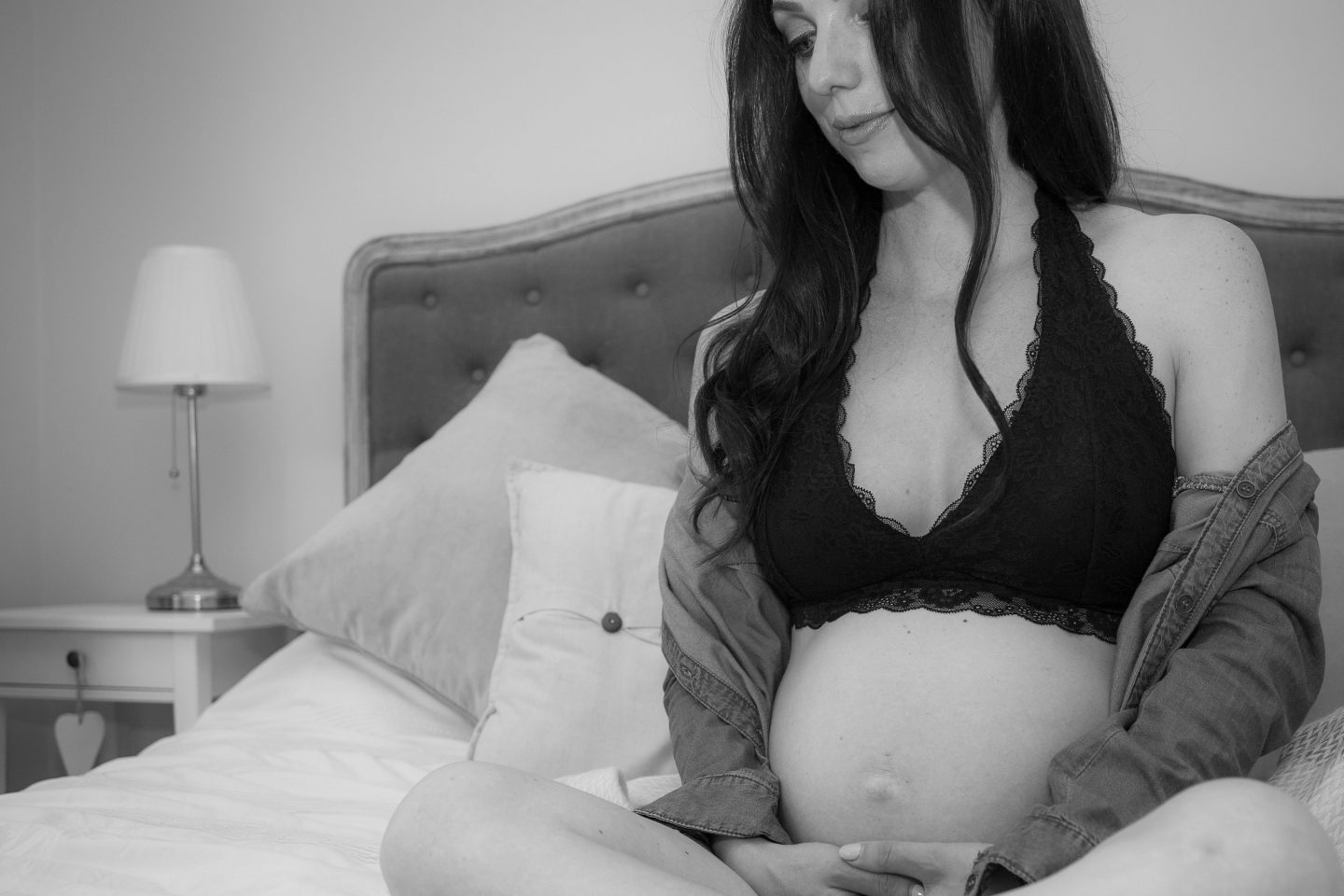
What should we be cautious of, if we are following a vegan or vegetarian diet, when pregnant?
If you are following a more plant-based diet when pregnant or breastfeeding it is essential that you have sufficient levels of essential nutrients such as vitamin D, calcium, iodine, folic acid, iron as well as vitamin B12, which is why a pregnancy multivitamin may be beneficial and is often recommended in this group. A omega 3 (algae) supplement may also be essential if you’re following a plant based diet as most people get their omega 3 (in DHA form) from oily fish.
Nutritious plant-based foods include:
Soya products such as tofu and edamame beans are a great source of plant-based protein, and an excellent source of calcium and other vitamins such as magnesium.
Beans, lentils and pulses are a great source of plant-based protein and vitamins and minerals. Try out as many different ones as you can – chickpeas, red lentils, black beans – even your classic tinned baked beans (try opt for reduced or no added sugar!)
Vegan alternatives of milk, yogurt and cheese can be great sources of essential micronutrients that your body requires – if they are fortified, so it’s important to check the label for calcium at the minimum! Some brands will even fortify with iodine as well. You may also find products like cereals and bread are fortified with some essential micronutrients such as iron and can contribute towards your daily requirements, too.

Are there any foods that can help with morning sickness?
Try opt for snacks/meals that are not highly spiced or flavoured. If you’re sensitive to smells, you could try more cold meals such as salads or cooked protein with potatoes and salads.
Go easy when you’re drinking any fluids, take sips little and often instead of swallowing large quantities.
I personally felt sick every time my stomach was empty so I had to eat every 2 hours from waking. I found foods such as crackers, ginger biscuits and oat cakes good for keeping next to my bed too.
Ultimately – it’s whatever works for you as maintaining energy levels is important and (hopefully) your morning sickness won’t last forever!
Have you got any more tips?
Thank you so much to Little Tummy for having me on your channel!
